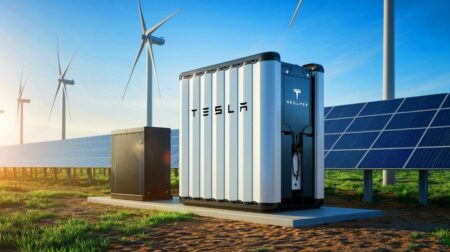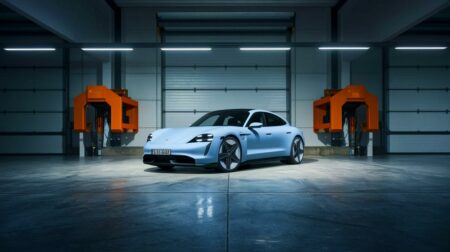Photo: Pixabay/AndrzejRembowski
The planet is undergoing three simultaneous crises with climate change, biodiversity loss and pollution all having their impacts worldwide. The European Union is seeking to tackle all three and so besides greenhouse gas emission targets and stepped-up efforts to protect biodiversity, the EU is targeting air pollution through new standards for vehicles.
The European Commission’s Euro 7 rules will require vehicles to emit fewer noxious fumes so as to reduce nitrous oxide by 56% from buses and lorries and 35% from cars and vans as compared to the earlier Euro 6 standards.
These reductions are necessary as there are tens of millions heavily polluting vehicles on streets and roads around the EU. Meanwhile, as many as 70,000 people die prematurely from traffic pollution-related causes each year across the EU zone with untold others suffering from chronic health problems.
As a result, the new regulations take aim at polluting particles from the brakes and tyres of vehicles in order to limit these sources of pollution as well. In addition, the batteries of electric cars will be required to last longer on a single charge so as to reduce the need for frequent recharging.
“Sometimes we assume that electric vehicles are totally clean. Of course, they’re much cleaner when it comes to CO2. That’s quite clear. But electric vehicles are about 40% heavier than your average combustion engine vehicle, so they do emit more of these particles,” said Thierry Breton, the European Commissioner for the Internal Market.
“Whether that’s because of friction of the tyres when they’re driving, but also brakes when an electric vehicle breaks. And to recharge the battery as well it emit particles. And so it’s an important subject and it’s one that will carry on over and beyond 2035 to be an issue,” Breton explained.
However, critics of the new rules say they do not go far enough to eliminate harmful pollutants emitted by vehicles. “With these lax rules, the Commission risks driving 100 million highly polluting cars onto Europe’s streets,” argued Bas Eickhout, a Dutch environmentalist,
“In China and the US, several standards have now been tightened, but the Commission is giving industry a free pass to do virtually nothing about emissions from petrol and diesel vehicles for the next decade. The EU cannot be a global leader if the Commission refuses to seriously improve the rules, made almost a decade ago, on car emissions,” Eickhout said.
Did you like it? 4.6/5 (25)








